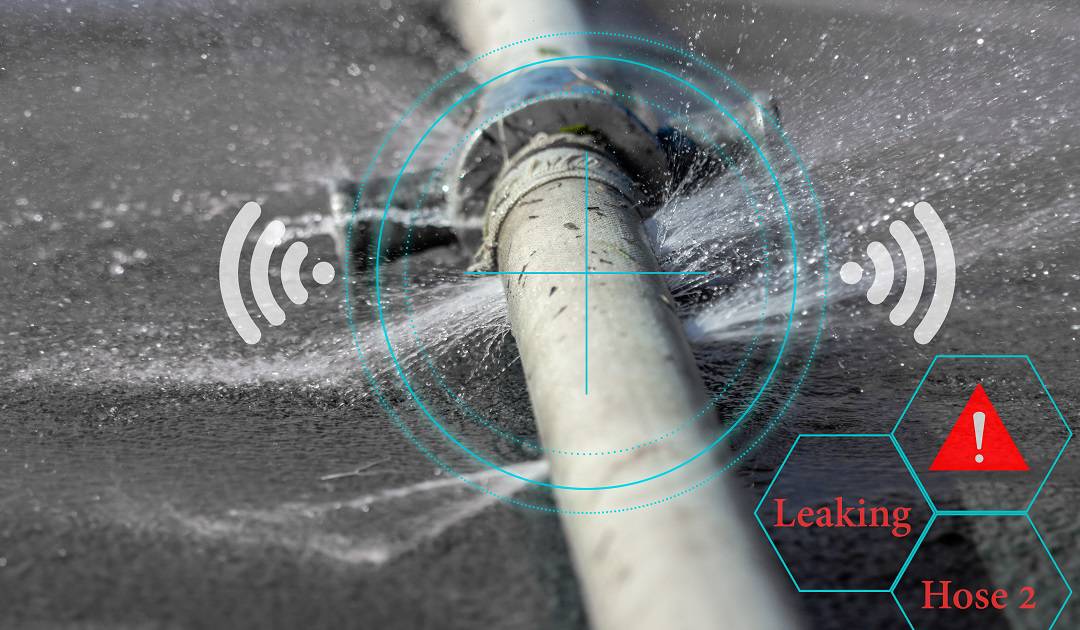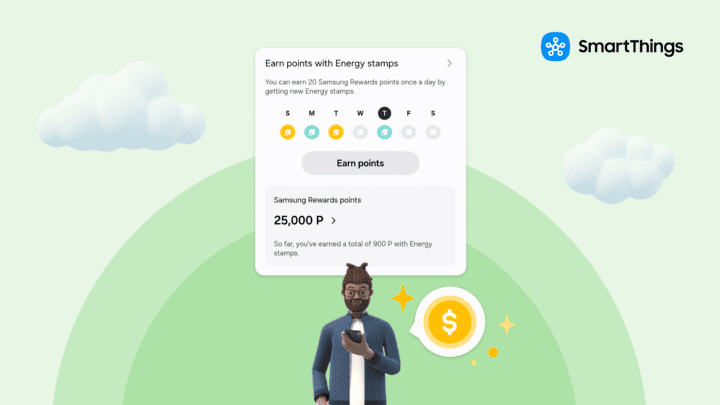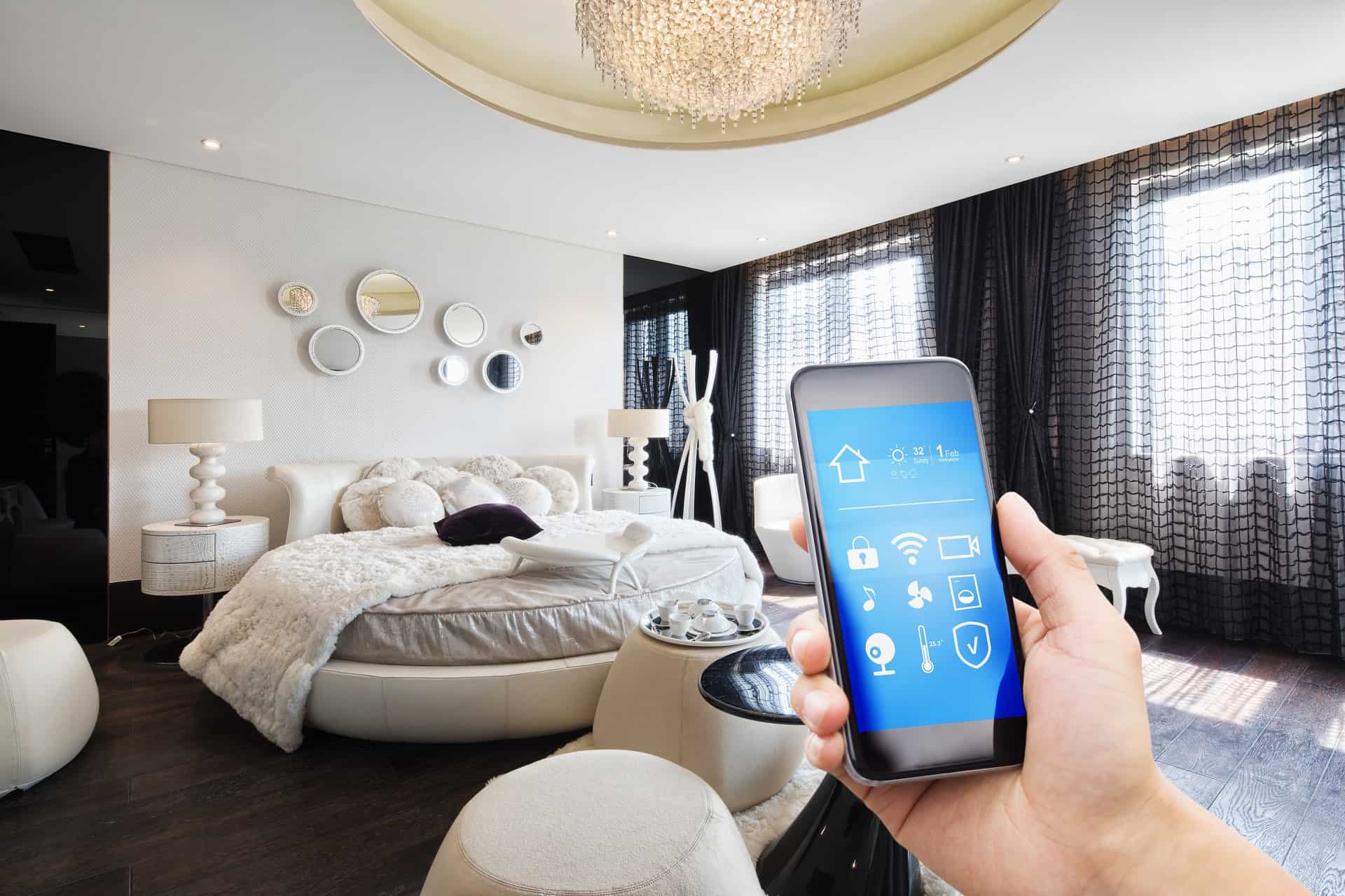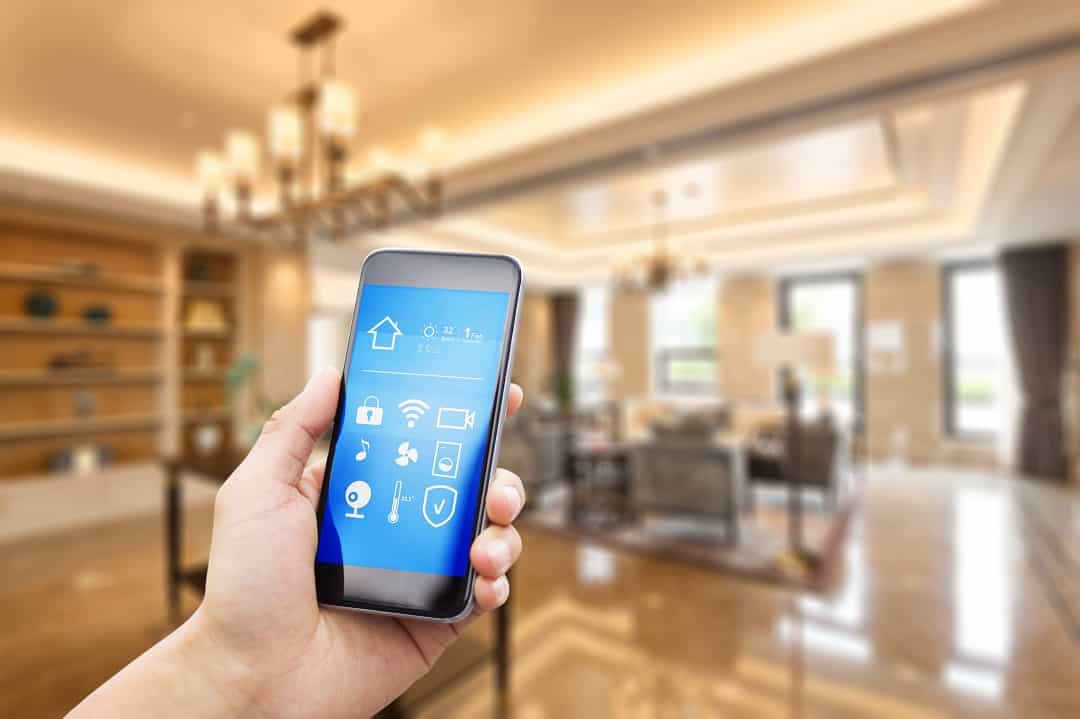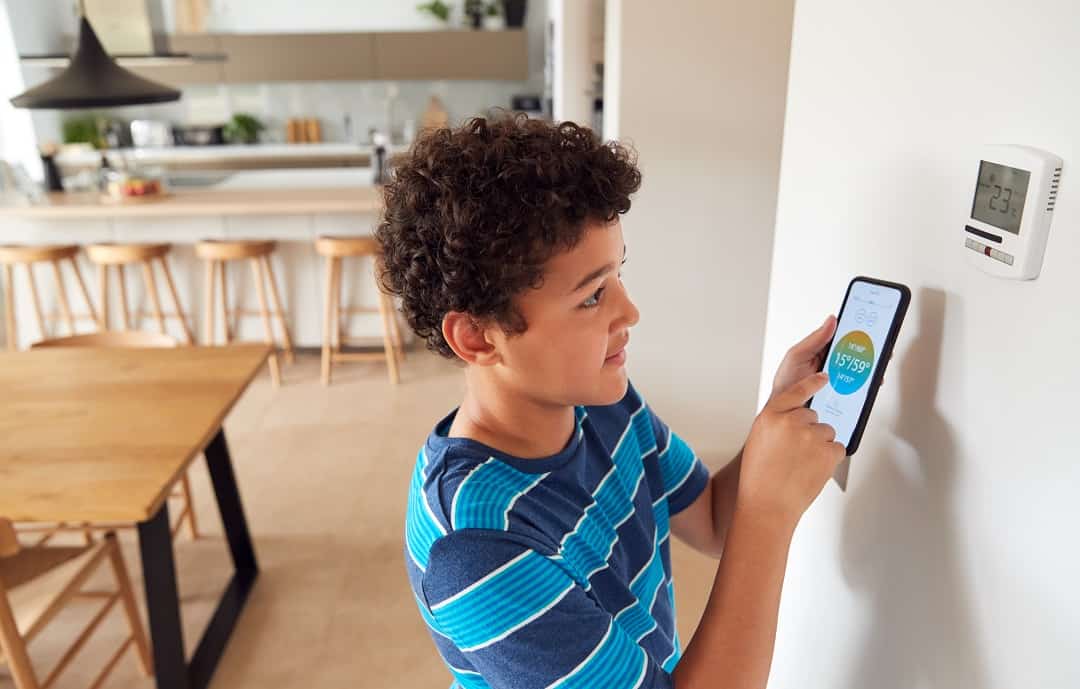Are you looking for ways to reduce your water consumption and make a positive impact on the environment? If so, you’re in the right place! In this post, we’ll look at smart home technologies for water conservation. From high-tech showerheads to smart irrigation systems, there are a ton of smart home devices available that can help you save gallons of water without sacrificing convenience or comfort. With prices going up, and water scarcity and climate change affecting our water supply and resources, adopting these smart home systems can make a real difference. So, if you’re curious to learn about the latest in water-saving technology and how they can benefit both your wallet and the planet, keep reading!
Leak Detection and Water Monitoring Sensors
Leak detectors and smart water meters are some of the easiest smart home tech to install that will help you reduce water consumption. These smart devices use advanced sensors and real-time data to track water usage throughout your home. They can detect water leaks, monitor water flow, and provide detailed insights into your water use patterns. With this information, you can identify areas where you’re using too much water and make informed decisions to improve water efficiency. Leak detectors can also prevent costly water damage by alerting you to leaks via mobile apps, whether it’s a slow drip under the sink or a washing machine hose break. This technology can help avoid surprises on your water bills and protect your home from unnecessary repairs.
Smart Irrigation Systems
Smart irrigation systems are another great way to conserve water in smart homes. Smart sprinklers and irrigation controllers use real-time weather data and weather conditions to adjust watering schedules. These smart home devices take into account factors such as temperature, humidity, and rainfall, and adjust the irrigation accordingly. This means that your lawn and garden only get watered when they actually need it, reducing water waste and helping you manage water consumption linked to outdoor watering.
Soil moisture sensors are an ideal addition to smart irrigation systems, as they go a step further by measuring moisture levels directly in the soil. When the soil becomes too dry, the sensor sends moisture information to the smart irrigation system. This allows you to water plants based on actual needs, rather than just a weather prediction. By using these smart home technologies, you can save gallons of water over time, supporting water efficiency automatically.
Water-Saving Fixtures and Appliances
Water-saving fixtures and appliances are another easy way to cut down on water use at home. Smart faucets and low-flow showerheads use sensors to control water flow, so they only turn on when needed. This can be especially helpful in places like the kitchen or bathroom, where we often turn the water on and off multiple times. Some smart faucets even let you set the exact temperature and flow rate, which helps conserve water and energy use. These smart faucets can notify you when the temperature is right, so you’re not wasting water waiting for it to get warm or using more than necessary. These smart technologies can make a big difference day-to-day, and they fit seamlessly into your smart home systems.
Smart dishwashers and washing machines are also designed to conserve water, using sensors to adjust water levels based on the load size. Unlike traditional models which often use the same amount of water for every load, smart appliances only use what’s needed, making each cycle more efficient. Some even come with eco-friendly modes that use less water and energy. With these smart appliances, you get the convenience and performance you need while still saving water, helping the environment, and lowering your utility bills.
In Summary
Thanks for reading our guide on smart home technology for water conservation! With tools like leak detectors, smart irrigation systems, and water-saving appliances, you can reduce both your water and energy consumption, making a positive impact on the environment. These technologies can help you prevent water damage, lower water bills, and better manage resources. Investing in these smart home devices is a win for both your wallet and the planet, helping you conserve precious water resources and improve energy efficiency at home. Every drop saved counts when it comes to preserving our water supply, so why not let the internet of things help you save a little more?
